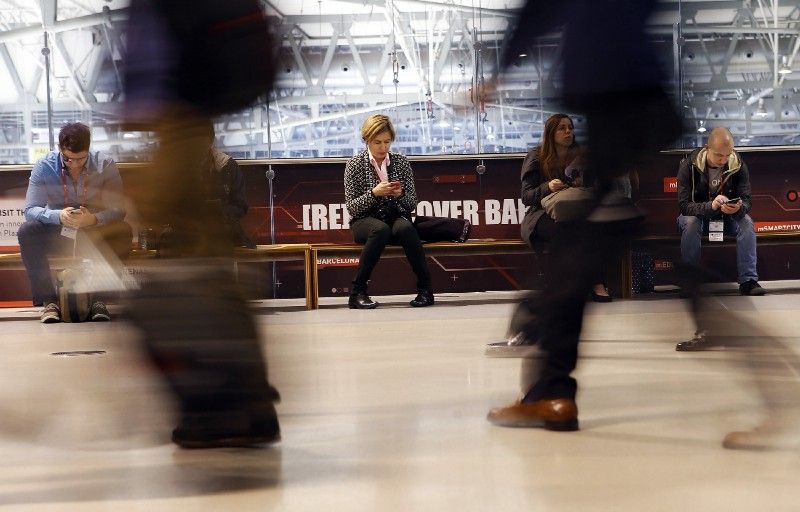April 03, 2018
Last week, in an interview tied to the launch of his country’s new AI strategy, French President Emmanuel Macron threw down the gauntlet against the world’s largest tech firms. Google, Apple, Facebook, and Amazon, he said, will have to submit to France’s will on questions of privacy, ethics, and responsibility for the economic consequences of their technologies. Signal’s in-house tech-guru @kevinallison explains what it means.
Whether or not tech giants bend to the French in particular, they do have to grapple with an increasingly kaleidoscopic political landscape today. And so, as a web-user, do you:
Say you take off in Chicago and land in Beijing. When you arrive, you can’t check a lot of US social media sites anymore, because China bans them. Fair enough, you’ll waste less time on Facebook anyway. Now you land in Moscow. You text a friend in Moscow to ask where you can get some Belarusian mozzarella (as one does) — by law that message will stay on a Russian server where it can be read the security services. You OK with that?
And it’s not just authoritarians cutting up the web. The EU’s rigorous privacy laws limit companies’ ability to send Europeans’ data across borders. Back in the US, meanwhile, if you’re not a citizen, authorities can ask you not only for your passport, but for your social media passwords as well.
This trend of regulatory fragmentation will accelerate as world leaders start to grapple more seriously with the ethical and economic challenges of artificial intelligence and other advanced technologies.
We sure are a long way from the 1990s vision of the internet as a public good that promised a post-national future. Where, exactly, we are going isn’t fully clear yet. But national governments will have a lot to say about it.
More For You
With close ties to both the US and China, can Singapore survive in an increasingly fragmented and chaotic world? Singapore’s President Tharman Shanmugaratnam joins Ian Bremmer on the GZERO World Podcast.
Most Popular
Think you know what's going on around the world? Here's your chance to prove it.
UK Prime Minister Keir Starmer shakes hands with Chinese President Xi Jinping, ahead of a bilateral meeting in Beijing, China, on January 29, 2026.
Carl Court/Pool via REUTERS
This week, Prime Minister Keir Starmer became the first UK leader to visit China in eight years. His goal was clear: build closer trade ties with Beijing.
Igmel Tamayo carries charcoal to sell on the side of a road for use as cooking fuel in homes, after US President Donald Trump vowed to stop Venezuelan oil and money from reaching the island as Cubans brace for worsening fuel shortages amid regular power outages, on the outskirts of Havana, Cuba, on January 12, 2026.
REUTERS/Norlys Perez
© 2025 GZERO Media. All Rights Reserved | A Eurasia Group media company.
